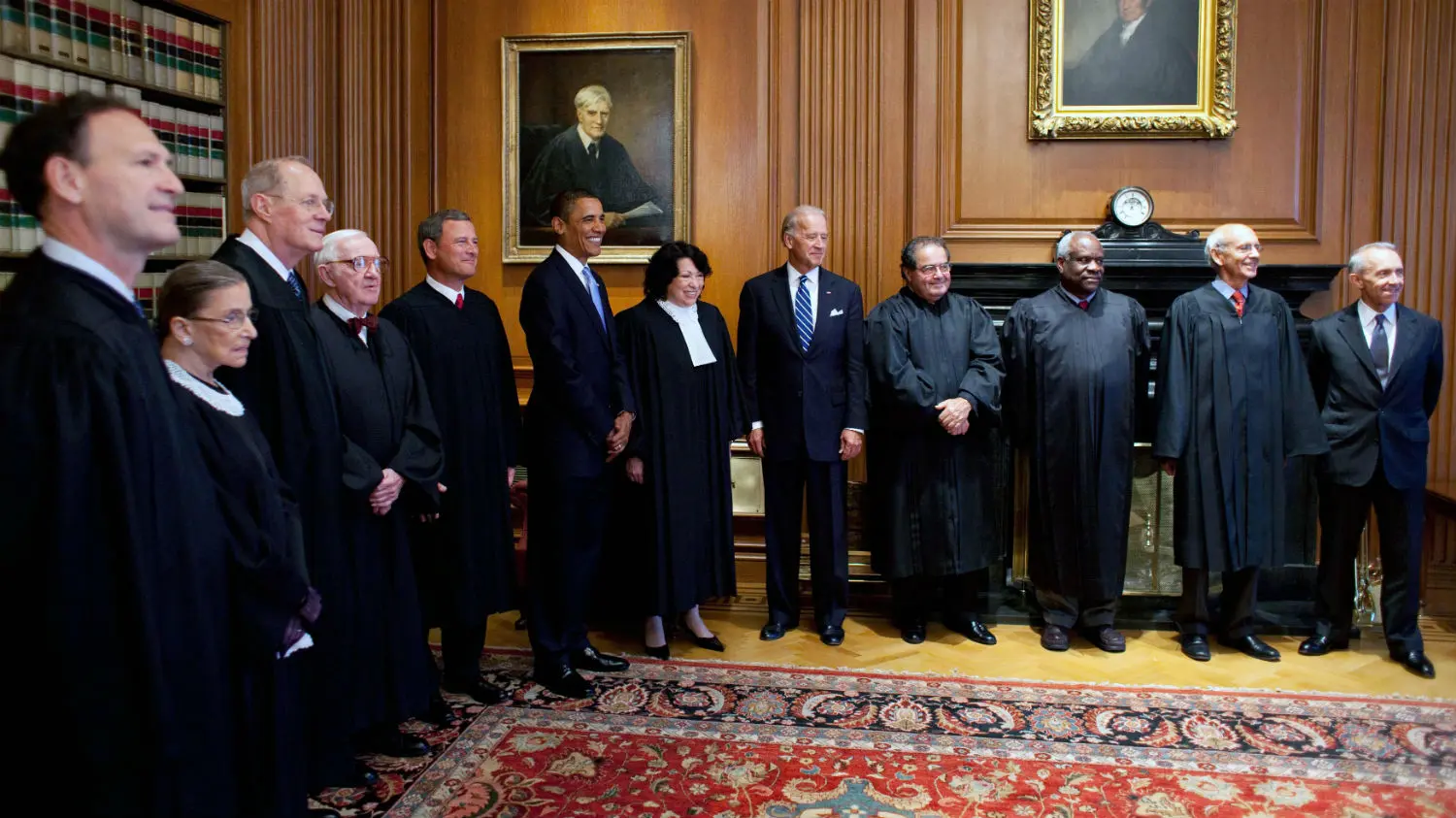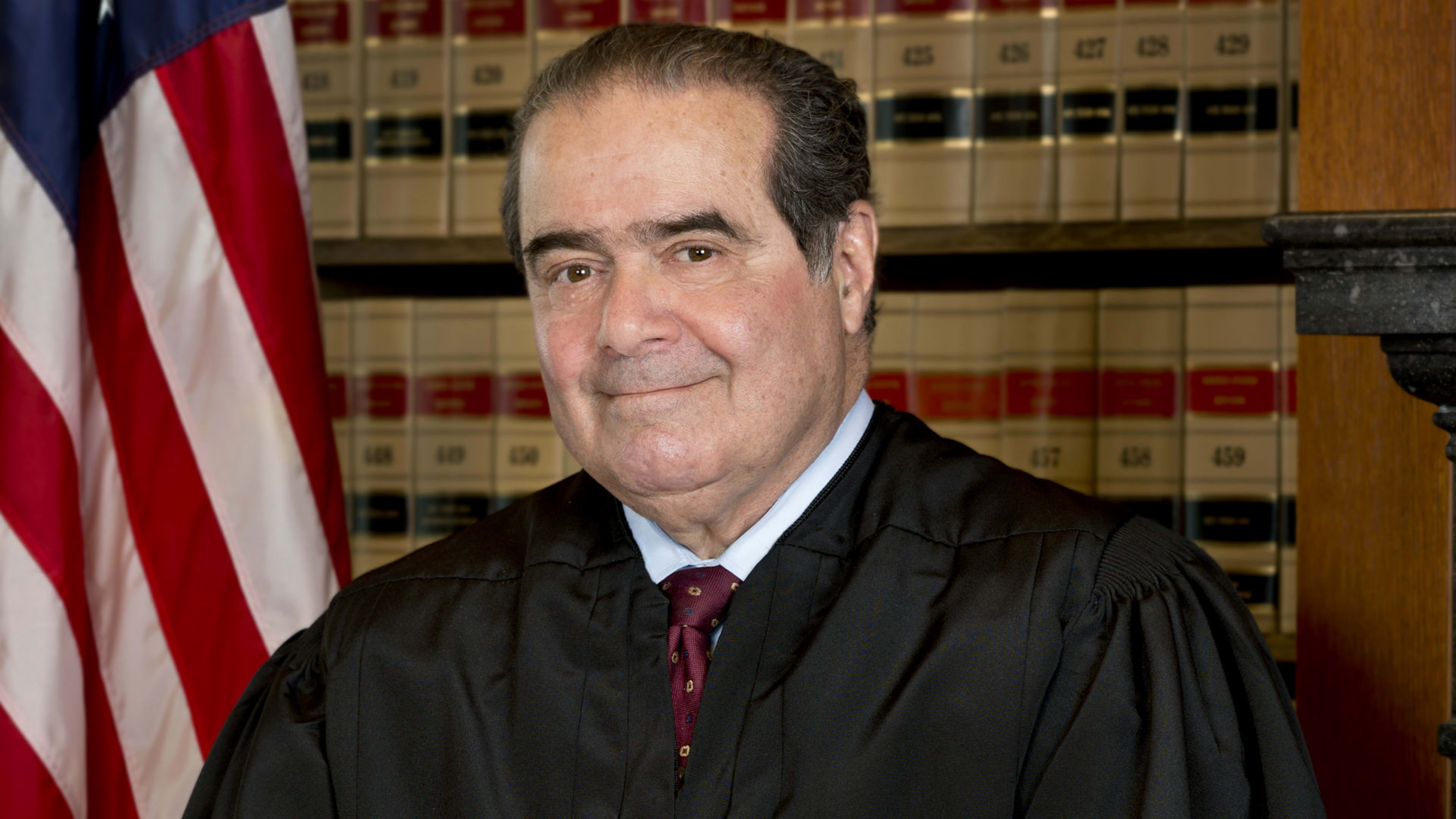Supreme Court Justice Antonin Scalia has died at 79, leaving a vacancy in the high court as the country is in the process of choosing a new leader.
Justice Scalia, who was nominated to the Supreme Court by President Reagan in 1986, was its strongest conservative voice. His sudden departure ratchets up the political stakes in the current presidential election, because the next president could end up choosing his replacement.
When a Supreme Court Justice dies, retires, or is impeached, it’s the standing president’s job to select the replacement (under Article III of the U.S. Constitution), but the Senate must hold hearings and approve the nominee by a majority vote.
And there’s the rub. This Senate, which is divided in favor of Republicans by a 54 to 44 margin, is apt to block Obama’s choices, especially if they are liberal-leaning. It may even try to simply block all of Obama’s nominees until his time in office is up, leaving the job to what many senators hope will be a new Republican president next January.
Presidential candidate and constitutional lawyer Ted Cruz was thinking along those lines almost immediately after the news of Scalia’s death.
Two Republicans will effectively determine the fate of the president’s nominees: Senate Majority Leader Mitch McConnell (who once said the GOP’s central goal is making Obama a single-term president) and Senate Judiciary Committee Chairman Chuck Grassley.
We’re not talking about just any justice here. Scalia was the hard-core Constitutionalist anchor on the court, and as such was seen as an important, even inspiring, figure by members of the Tea Party and far-right movements now speaking loudly in the nation’s political discourse. His high-profile conservative opinions on abortion, gay rights, and gun control have become talking points for GOP political candidates and supporters.
Justice Scalia was perhaps the strongest proponent on the court of “textualism” and “originalism,” or the interpretation of the Constitution in the way that people at the time of its writing might have understood it. Scalia was a harsh critic of seeing the Constitution as a flexible “living document.”
Scalia wrote the majority opinion in 2008’s landmark District of Columbia v. Heller case, which interpreted the Second Amendment to mean individuals have a constitutional right to a gun, at least in their home. In a 5-4 decision, the court struck down a District of Columbia ban on handgun possession. Although times have changed since 1791, Justice Scalia wrote, “It is not the role of this Court to pronounce the Second Amendment extinct.”
Scalia’s death leaves a huge vacuum for a conservative voice on the court, and one that many will want to see filled with an equally strong conservative voice. For the time being, Scalia’s absence means a high court with only eight voting members, and the real possibility of 4-4 votes in high-profile cases.
And the high court has some big cases coming up.

In one, the court will review Obama’s Deferred Action for Parents of Americans (DAPA) programs–the centerpiece of his 2014 executive action on immigration. Specifically, the court will decide the legality of two programs that grant temporary deferral from deportation to large groups of undocumented immigrants. The case, it was hoped, could be heard and decided before Obama leaves office.
The court is now in the process of deciding cases on mandatory political donations by union members, the legal meaning of the “one person, one vote” guarantee, and challenges to the accommodation for religious organizations under the Affordable Care Act’s contraceptive mandate. Without Scalia to break the tie, all these cases could yield 4-4 decisions.
Who might Obama tap as the nominee? One name currently circulating is Padmanabhan Srikanth “Sri” Srinivasan, a circuit court judge in the U.S. Court of Appeals for the District of Columbia Circuit. Before being confirmed, Srinivasan acted as principal deputy solicitor general. He has argued 25 cases in front of the Supreme Court, and is a former Harvard Law School lecturer.
Obama has already made two appointments to the Supreme Court. One was Judge Sonia Sotomayor, who filled the vacancy left by Justice David H. Souter. She was confirmed in 2009. The other was that of Elena Kagan, who replaced Justice John Paul Stevens. Kagan was confirmed in 2010.
But the fight he faced in those appointments may seem like cakewalks compared with what’s coming up.
Recognize your brand's excellence by applying to this year's Brands That Matters Awards before the early-rate deadline, May 3.
